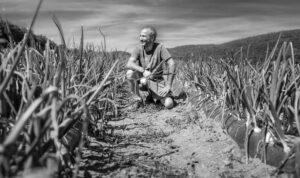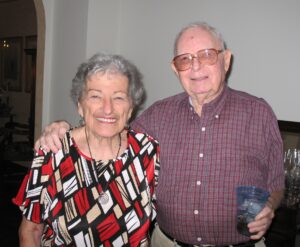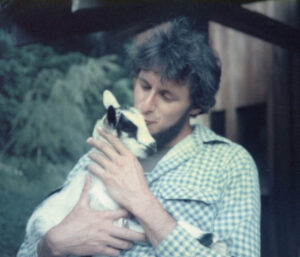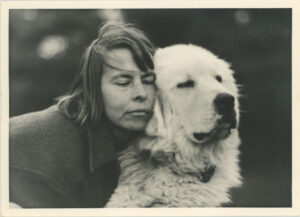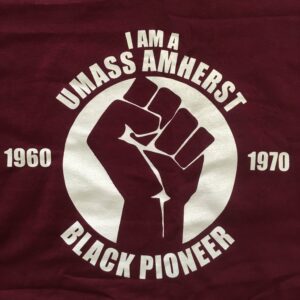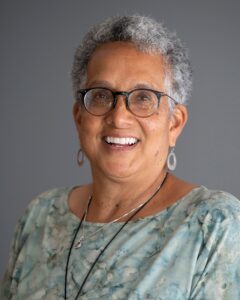New Victoria Publishers Records
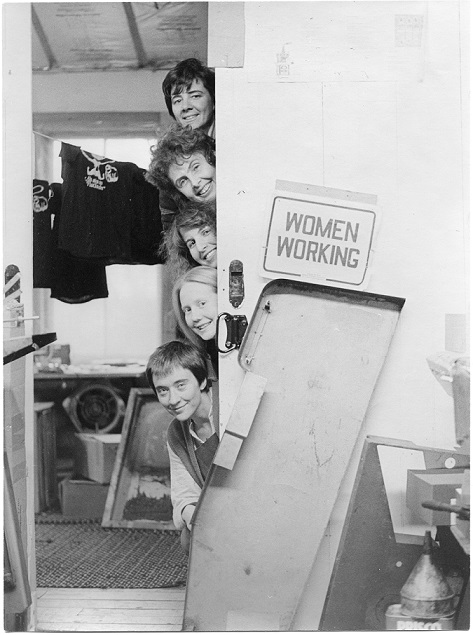
Founded in 1975 in Lebanon, NH, by Beth Dingman, Claudia McKay (Lamperti), Katie Cahill, Nina Swaim, and Shelby Grantham, New Victoria Printers became one of two all-female print shops in New England at the time. Believing strongly that “the power of the press belongs to those who own it,” they began to solicit work from non-profit and politically-oriented groups. Like its namesake Victoria Press, an 1860s women run print shop in London owned by Emily Faithful, an early advocate of women’s rights, New Victoria was also committed to feminist principles. The shop offered work and training in printing, machine work, and other traditionally male dominated fields; initially focused on printing materials from the women’s movement; and was organized as a collectively owned and democratically run organization.
Additionally, the shop functioned as a de facto women’s center and lesbian hub for Lebanon and the surrounding area, often overlapping with the lesbian social club Amelia Earhart’s Underground Flying Society, (a.k.a. the Amelia’s). The print shop was a place of education, community, creativity, and activism, and soon publishing opportunities, as the group founded New Victoria Publishers in 1976 to publish works from their community. The print shop closed in 1985, with Dingman and McKay taking over the running of the non-profit publishing company out of their home in Norwich, VT, with an emphasis on lesbian fiction in addition to other women-focused works. An early bestseller, Stoner McTavish by Sarah Dreher, put them on the map, with the company publishing over a hundred books by and about lesbians, winning three Lambda Literary Awards and several other honors.
The New Victoria Publishers Records consist of photographs, newsletters, and cards put out by the collective, materials printed by the press, marketing and promotional materials, author correspondence, graphics and cover art, book reviews, financial and legal records, histories of the organization, news clippings, and an almost full run of the books published by the company. The collection is particularly rich in documenting the work and production of a women owned business within the feminist press movement as well as the lesbian publishing industry.


